All rights reserved. No part of this publication may be reproduced, distributed, or transmitted in any form or by any means, including photocopying, recording, or other electronic or mechanical methods, without the prior written permission of the publisher, except in the case of brief quotations embodied in critical reviews and certain other noncommercial uses permitted by copyright law.
Every effort has been made to trace (and seek permission for) the use of the original source material used within this book. Where the attempt has been unsuccessful, the publisher would be pleased to hear from the author/publisher to rectify any omission.
Introduction
T his is not a book on technical elements of a family enterprise, like strategic business planning, operations, estate planning, and wealth planning. Those are important elements but not sufficient to guarantee the future success of your enterprise. Rather, it is a book on relational elements, i.e. how to build greater connectivity in your family to aid in moving your family enterprise from lifetime to legacy. Said another way, it is not about protecting the future of your family enterprise, but about creating the family enterprise of the future. That, I believe, is the way to move your family enterprise from lifetime to legacy.
Legacy is distinct from sustainability. Sustainability refers to maintaining the status quo to just survive, whereas legacy goes beyond that to incorporate not just maintaining but also creating, in order to thrive. Sustainability refers to transitioning, whereas legacy refers to transforming.
Key to moving from lifetime to legacy is creating future-focused enterprises. This entails enabling innovation and creativity such that you are able to create new opportunities that would be viable in the future through regeneration, renewal, and reinvention. This book focuses on how to manage family relationships to unlock that very innovation and creativity, to maximize the intellectual diversity needed to bring about transformation.
Family business owners are busy! I know all too well. So I wrote a book that I would be inspired to read: it is practical, it is entertaining, and it is to the point. For the past decade, I have devoted my career to the world of family business, both as an insider and as a consultant. Most of these lessons are from my practical experience leading our family enterprise in Nigeria, as well as from consulting with clients, delivering training workshops, and speaking in front of family business audiences.
You will find a simple framework that will change the way you see your family, your business, and yourself, focusing on the relational and psychological elements of family business.
If you are seeking a simple, hands-on guide with lots of tips on building a legacy enterprise, you will appreciate this book. If you are seeking practical, non-academic lessons to use right away to navigate generational transition, you will find it easy to use.
Inside This Book
In this book I clarify, simplify, and demystify the world that is family business, particularly from an African perspective. There is a lot to learn, and these learnings are simple, practical, and implementable such that you can use them right away.
Among the lessons covered:
 Common mistakes family business owners make and how to overcome them
Common mistakes family business owners make and how to overcome them
 The nuances of family businesses and why a generational transition is not automatic
The nuances of family businesses and why a generational transition is not automatic
 Why only 2% of businesses in Africa have failed to move past generation one and how we can address that
Why only 2% of businesses in Africa have failed to move past generation one and how we can address that
 Why its so hard for business founders to let go, and how to support them on their exit journey
Why its so hard for business founders to let go, and how to support them on their exit journey
 Why next gens grapple with championing change in their family enterprises and how to support them
Why next gens grapple with championing change in their family enterprises and how to support them
 Why its so hard to talk about money, death, and emotions in business families and how to break the ice
Why its so hard to talk about money, death, and emotions in business families and how to break the ice
 Why connected families are important, and the case for individual family members to stay together, rather than go their separate ways
Why connected families are important, and the case for individual family members to stay together, rather than go their separate ways
 How you can go on to develop connectivity in your family across generations and within generations
How you can go on to develop connectivity in your family across generations and within generations
Youll find stories of family businesses from my journey advising business families and as co-founder of African Family Firmsthe largest pan-African community of family business owners; identities of the individuals and companies have been disguised. By the end of the book, youll be equipped with the mindset and roadmap required to ensure that your family is able to think more collaboratively and creatively, so that your family enterprise can move from lifetime to legacy.
To get the most out of this book, I recommend reading it as a family. I also recommend not just consuming the content like a Netflix binge, but also seeking to do the exercises.
About Me
I was born into a business family; however, I went my own way for many years. After a career in Corporate Tax International at Deloitte UK, I was immersed first-hand as a second-generation family business leader and owner in our enterprise. I soon became obsessed with legacy enterprises and then dedicated my career to the field.
Ever since I was a young girl Ive been fascinated by human behavioranalysing, dissecting, and watching. Its a surprise that I didnt study psychology at university, but economics. I was often coined a psychic by my friends as I could predict and project how people would behave in different scenarios.
The more I studied and served family businesses, the more I realized the world of human behavior and legacy enterprises were intrinsically linked. The fascination with human behavior took on new heights as it became clear that for our family enterprises to stand the test of time, they would have to transform, and the key to transforming was ensuring that families are able to think collaboratively and creatively. The heart of it was relational, not just technical.
Nurturing this relational element has tangible quantitative benefits. For one, it yields engagement: Gallup studies show that where there is strong connection with ones work and colleagues, businesses enjoy higher productivity, better quality products, and increased profitability. Secondly, it yields trust: according to Harvard Business Review, people at high-trust companies report 50% higher productivity and 76% more engagement than those at low-trust companies.
This book seeks to teach family owners how to be better connected to unlock collaborative creativity. I believe that families seeking to build future-focused enterprises must optimize their relationships to draw upon the intellectual diversity they are gifted with. Families have the answers within them; what they need is some guidance to unlock their potential. This book serves to do just that, and also to be fun, relatable, and entertaining.

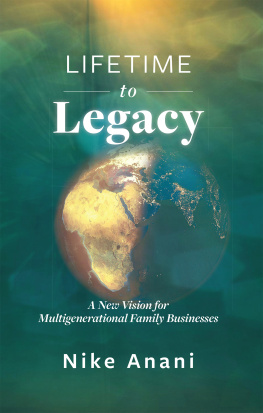
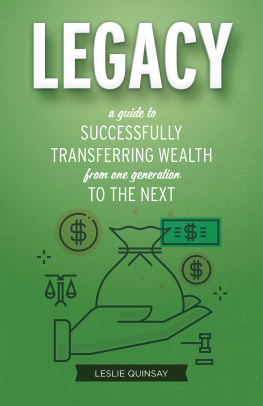

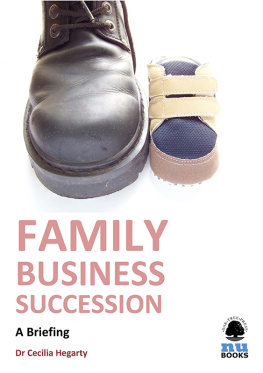
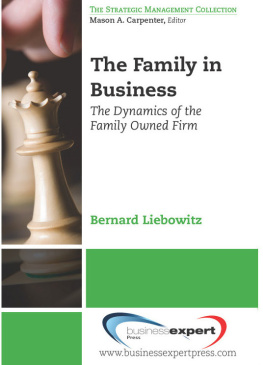
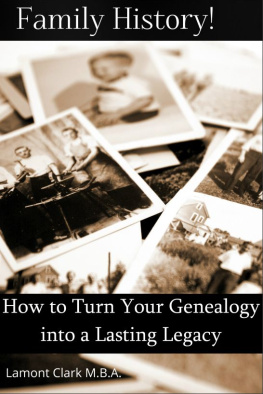
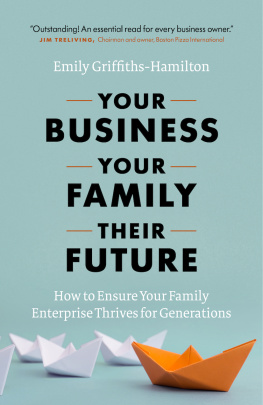
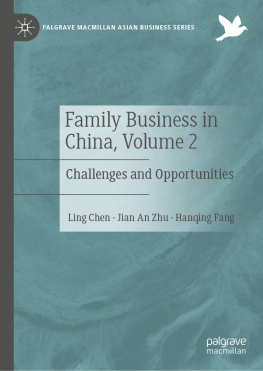
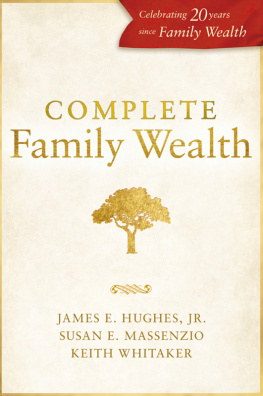


 Common mistakes family business owners make and how to overcome them
Common mistakes family business owners make and how to overcome them